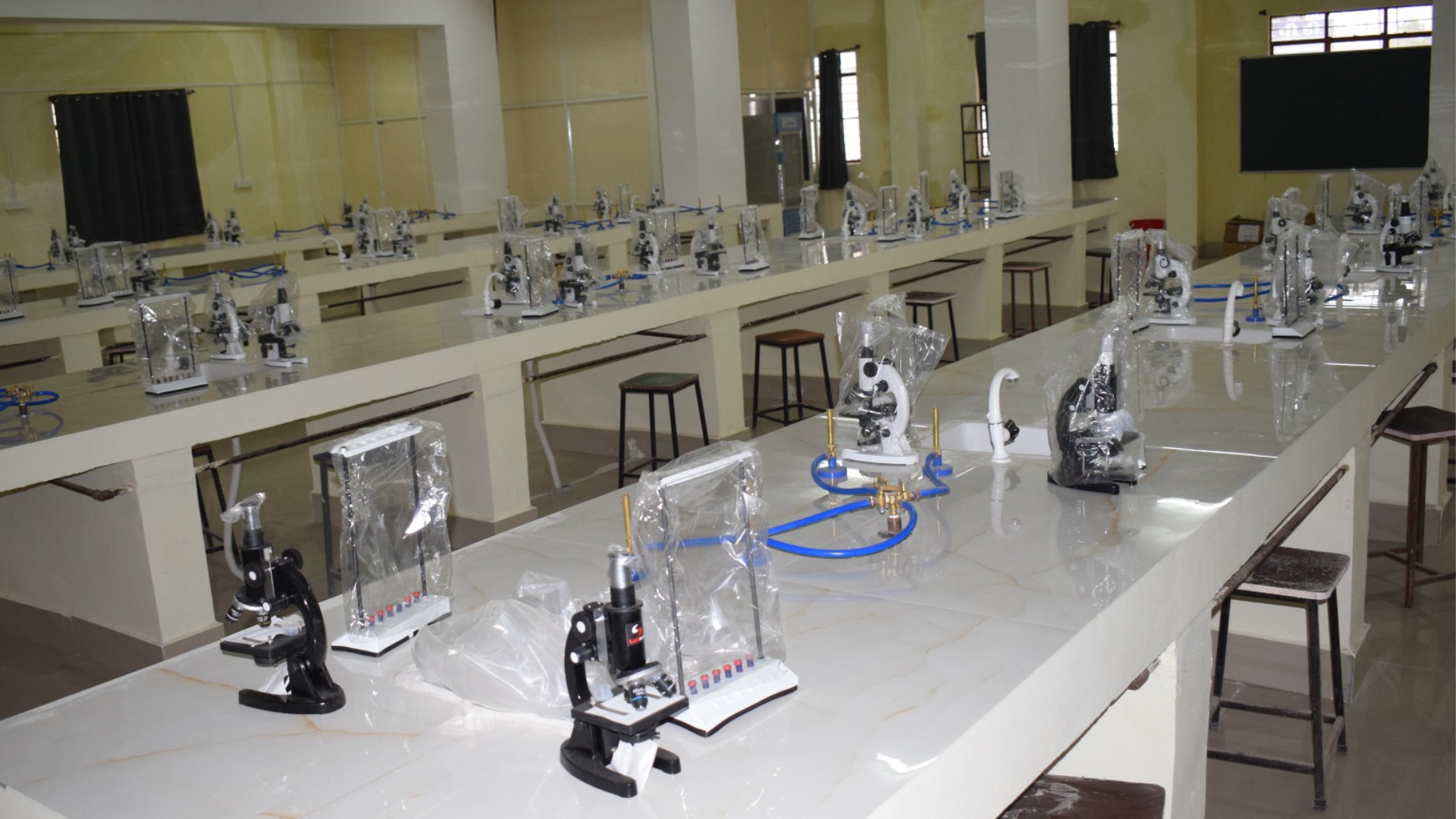

This program encompasses training in primary patient care and serves as the foundational step for crucial super-specialties like Cardiology, Neurology, Nephrology, etc.
The department delivers sought-after outpatient and inpatient services and offers comprehensive support to the intensive care units.
A distinctive focus on micro-teaching is adopted, assigning one faculty member to a small student batch, fostering greater student-teacher interaction for an enhanced learning experience.
Students delve into understanding the nervous, cardiovascular, endocrinal, respiratory, and musculoskeletal systems in the body. The training also exposes them to super-specialties, including genetics, immunology, geriatrics, and nephrology.
For undergraduate students, a problem-based learning approach forms the backbone of their training and active participation in various subject-specific activities throughout the week.
Access to the Advanced Learning Center's (ALC) Skills Lab provides a platform for demonstrating clinical skills, where simulation facilities enable students to observe and practice complex techniques.
The Department of Medicine hosts the Cardiology division, conducting diverse screening programs for high-risk individuals to reduce mortality from acute heart attacks. Undergraduates gain familiarity with Cardiology as a super-specialty within General Medicine.
Their training spans learning about the clinical manifestations of heart problems, signs and symptoms, basic diagnosis, and, in subsequent years, more complex cardiac diseases, running outpatient departments, and performing Echocardiograms. The department is well-equipped with adult and pediatric Echo facilities, alongside non-invasive facilities for dobutamine stress echo and treadmill outfit.